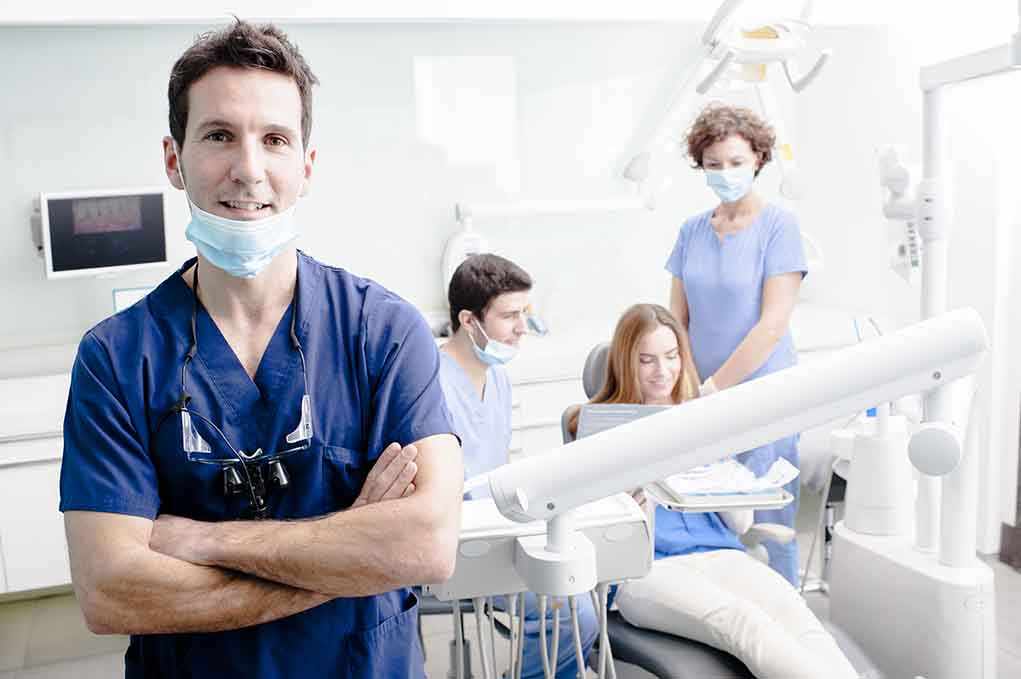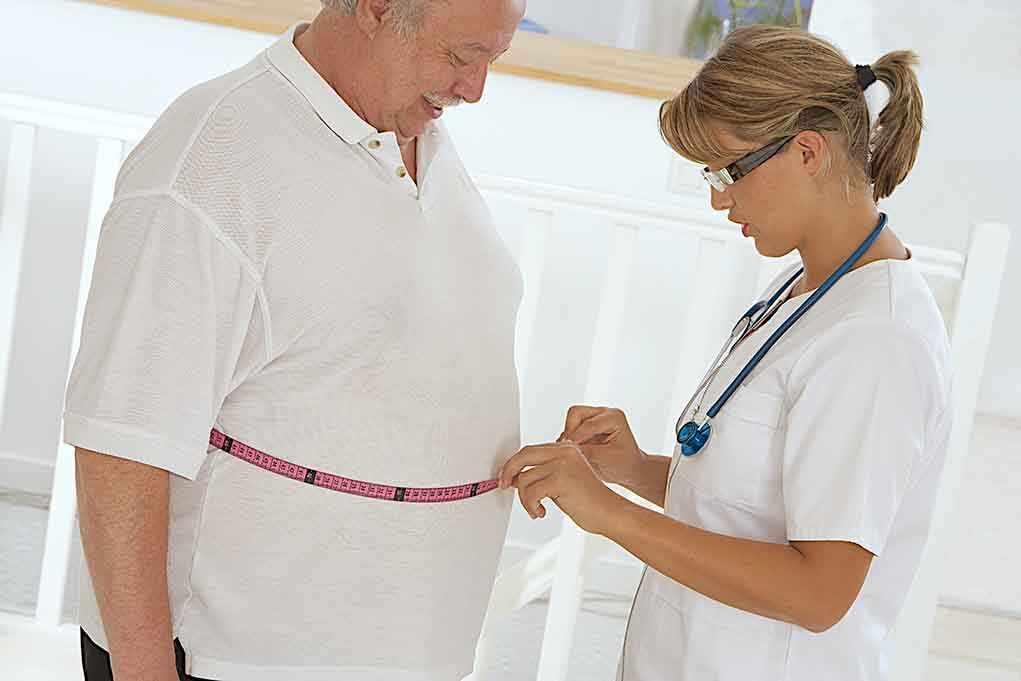
Viral dental hacks are luring millions into risky do-it-yourself treatments, but the truth behind these trends is both alarming and deeply misunderstood.
Story Snapshot
- Social media has fueled a surge in dangerous dental myths and DIY hacks since 2020.
- Professional warnings have escalated, spotlighting permanent damage from viral trends like teeth filing and at-home whitening.
- The habits proven to protect your smile remain simple: regular brushing, flossing, and professional checkups.
- Influencers and tech platforms drive misinformation, but expert-driven myth-busting is gaining traction.
Social Media’s Tooth Fairy Tale Turns Sour
Millions have watched TikTok and Instagram tutorials promising whiter, straighter teeth with kitchen ingredients and online gadgets since 2023. The pandemic’s shutdown of dental clinics sparked a DIY boom, fueling quick-fix videos by influencers seeking likes and ad revenue. Teens and young adults, enticed by low costs and instant results, became prime targets. But behind the screen, dental experts watched with alarm as injuries and infections soared, and clinics reported a spike in irreversible damage caused by these viral hacks.
Influencers—some with no dental training—demonstrated teeth filing, lemon juice whitening, and even using nail files for reshaping. The appeal was obvious: convenience, aesthetics, and the chance to save money. But the risks, rarely mentioned in these videos, included enamel erosion, gum injury, and long-term pain. Dental organizations like the ADA began pushing back, launching campaigns to debunk myths and educate the public about the dangers lurking in these “hacks.”
Why DIY Dental Hacks Fail the Common Sense Test
Professional dental care follows strict standards to ensure safety and efficacy, something social media rarely delivers. DIY whitening with baking soda or lemon juice, a top viral trend, strips enamel and leaves teeth hypersensitive. At-home filing and reshaping can cause permanent misalignment, opening the door to chronic pain and expensive restorative procedures. Ordering dental tools online for self-cleaning—without training—often leads to infections. These methods may seem harmless, but evidence from dental clinics and academic experts consistently shows they cause more harm than good.
Expert commentary from the ADA and university dental centers reveals a clear consensus: viral hacks are risky and ineffective. Dr. Eva Bender of UCSF warns that using professional tools at home is akin to playing surgeon with kitchen knives—there’s a reason dentists train for years. Even the less dangerous trends, like oil pulling, are no substitute for brushing and flossing. Across dozens of studies and interviews, the message is unwavering: common sense and professional guidance trump online shortcuts every time.
The Real Habits That Protect Your Smile (and Wallet)
Brushing twice daily with ADA-approved toothpaste, flossing, and scheduling routine checkups remain the gold standard for oral health. These habits, supported by decades of research, prevent cavities, gum disease, and costly dental repairs. Avoiding abrasive substances and unverified hacks is not just smart—it’s essential for keeping your teeth intact for the long haul. Dental professionals urge patients to seek expert advice before attempting any at-home treatments, highlighting the economic and social fallout from DIY damage.
Low-income and younger individuals are disproportionately affected, drawn by promises of savings and instant results. Yet the cost of correcting DIY mistakes often dwarfs the price of regular professional care. The dental industry now faces the challenge of restoring trust and educating the public, while tech platforms face growing calls for regulation. As myth-busting gains momentum, the hope is that evidence-based care will eclipse viral misinformation, one patient at a time.
Sources:
6 viral dental myths debunked: Separating fact from fiction for healthy teeth
Debunking Viral Dental Care Trends: Why DIY Could Cost You
Debunking Viral Trends in Dental Care: The Dangers of DIY











